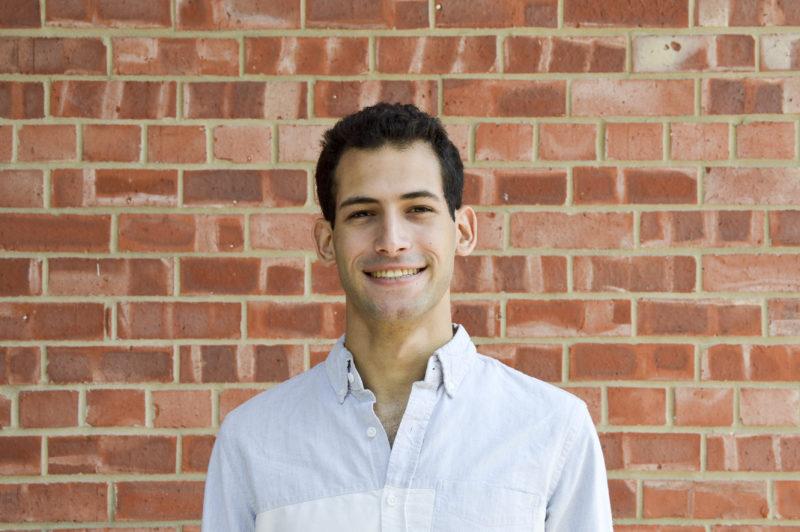It’s difficult to say anything original about my time at Trinity in under 600 words. There are the fond memories, the formative classes, the enduring friendships and so on. Everyone has these aspects of the Trinity experience and listing mine wouldn’t be original.
Instead, it’s worth asking why the Trinity experience actually seems so meaningful and valuable at the end of four years. Thinking about this question, I made a strange observation: whenever I’m asked how it feels to be at the end of my Trinity experience, my first instinct is to say that it’s all gone by so quickly that it hardly feels as if any time has passed at all. It’s as if the totality of the experience is so broad and deep that any immediate attempt to recall it all is impossible. Then, once I start thinking about the last four years, I rapidly go down a deep rabbit hole of memories.
To explain this, I like to think of my time at Trinity in terms of nested epochs, each with a distinct overall feel. The obvious example of these epochs would be each academic year and the semesters within them. But there’s more than that.
There are the “Fallout: New Vegas”, “Fallout 4”, and “Fortnite” videogame epochs of my first, sophomore and senior years, respectively. There are the epochs where I took a spread of English classes and where I took three semesters of computer science. There are epochs of different friends, friend groups and people who were more than friends. There are epochs of different anxieties about social status, a bad knee and the first hint of a receding hairline. There were the epochs of political apathy and hardcore atheism followed by the current epochs of intense interest in politics and philosophy and religious curiosity informed by atheism. There are epochs where I thought I wanted to be a professor, then an industry researcher and then a politician. Now I’m content being uncertain.
These epochs extended for different lengths, ranging from weeks to years. Many overlapped, while others faded into each other. It is the totality of these epochs and the ways in which they reflect the important parts of my life over the past four years that explain why the Trinity experience has been so meaningful to me. Why do these epochs occur and overlap and fade into one another in the first place, though?
I think that they can be explained as emergent properties of the network of people, things and events that has been continuously evolving in time over the last four years. Some of these components of the network would happen without Trinity: external political events, deaths of grandparents and the general maturing of the brain that is known to happen as human beings age from 18 to 22. However, Trinity has provided a great many components that I would not have experienced without it: exceptional professors, transformational classes, resources and clubs and opportunities. The nature of the campus’s size plays a role, too. Often, people I knew in my first or sophomore years totally vanished from my radar, only to pop up two years later much changed, in the same way that two years changed me.
Could other universities have provided substantial parts of this experience? Probably, and there are some students who have understandable problems with Trinity. However, after visiting other schools and talking to friends that attend them, I can confidently say that Trinity is unique in ways that made coming here the right decision for me. After spending four years of my life here, that’s high praise.




